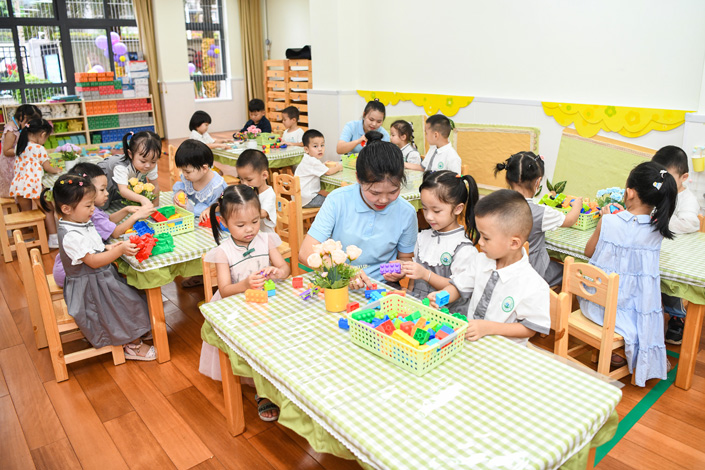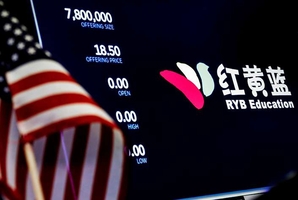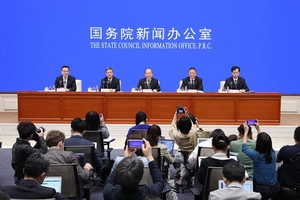Declining Birthrates Have Left Beijing Kindergartens Without Enough Students

Many Chinese kindergartens, mostly privately run, are facing difficulties in enrolling enough students as fewer babies have been born in recent years, according to official statistics and interviews conducted by Caixin.
As the new academic year begins, kindergartens in Beijing are struggling to fill preschool classrooms. According to the online platform for kindergarten enrollment, 136 kindergartens in the city’s Chaoyang district, of which over 80% are privately run, still have vacant spots that need to be filled.
Most children who are enrolling in kindergartens this year were born in 2018. According to the Beijing Health Commission, the city had about 30,000 fewer newborn babies in 2018 compared to the previous year.
Kindergartens in many other cities have been facing the same problem in recent years. Since 2016, the national birth rate has declined for four straight years. Last year, China registered 12 million newborn babies in 2020, with a record low total fertility rate of 1.3 for women of childbearing age, far lower than the anticipated rate of 1.8.
According to data released by the Ministry of Education, as of last year, China had 291,700 kindergartens, a year-on-year increase of 3.75%. However, last year, there were 5,280 fewer private kindergartens in China compared with 2019, the first fall in the number of private kindergartens since 2003. It is also the first time since 2012 that private kindergartens account for less than half of the total number of kindergartens in China.
Last year, private kindergartens in China enrolled 853,600 fewer children than the previous year, a year-on-year decrease of 9.44%, according to the education ministry. The total number of children in kindergartens also dropped more than 2.7 million, a decrease of 10.22% from the number in 2019.
Several kindergartens in Beijing contacted by Caixin said they still have vacant spots and are available for enrollment. A staff member responsible for student admission at a Beijing kindergarten said the two classes that each have 25 spots have only enrolled 18 and 19 new students, respectively.
In megacities like Beijing, amid the effects of the pandemic and policies that put restrictions on migrants, many migrant families with children have left the city, the head of a Beijing private kindergarten told Caixin. Most migrant families choose to send their children to “inclusive private kindergartens” which are given government subsidies so they can offer affordable preschool education.
Amid the drop in student enrollment, some private kindergartens are charging higher fees. A private kindergarten in Beijing’s Haidian district has raised its fees per term from 900 yuan to 1200 yuan. And an international bilingual kindergarten in Chaoyang district is charging monthly nursery fee of 15,100 yuan and another 900 yuan for meals, with a plan of charging 5% more per year.
Contact reporter Cai Xuejiao (xuejiaocai@caixin.com) and editor Heather Mowbray (heathermowbray@caixin.com)
Download our app to receive breaking news alerts and read the news on the go.
Get our weekly free Must-Read newsletter.

- MOST POPULAR






